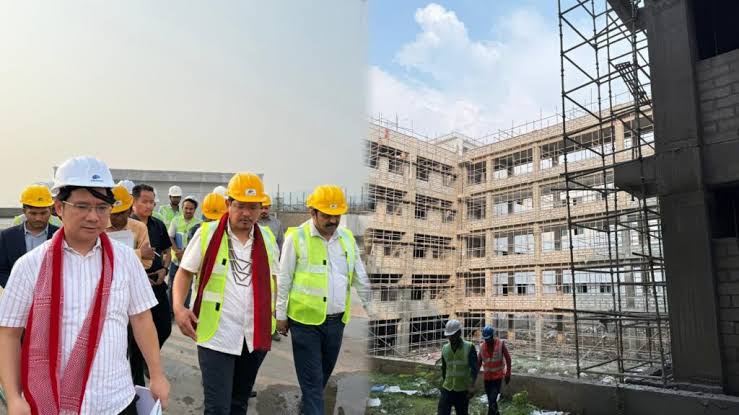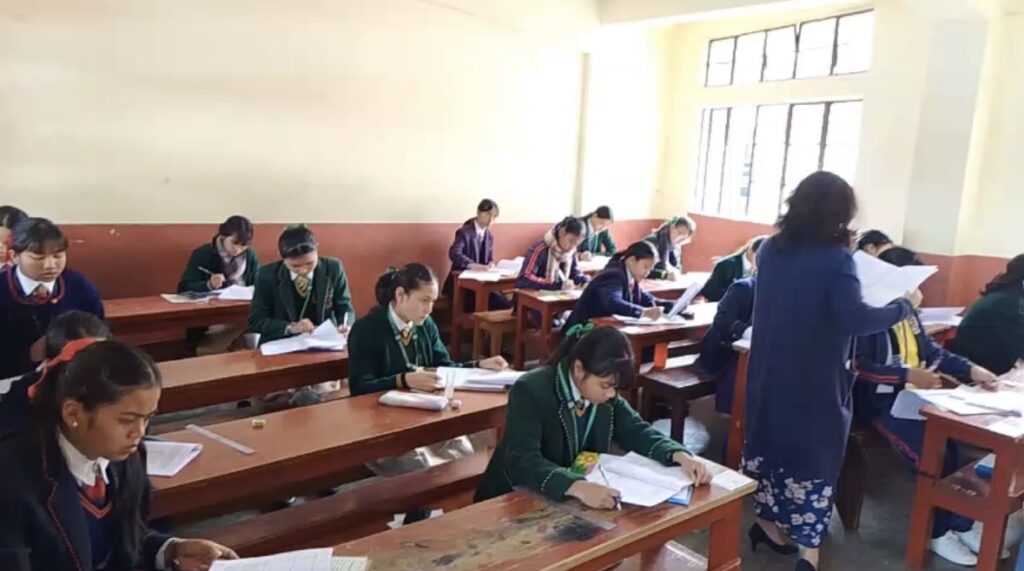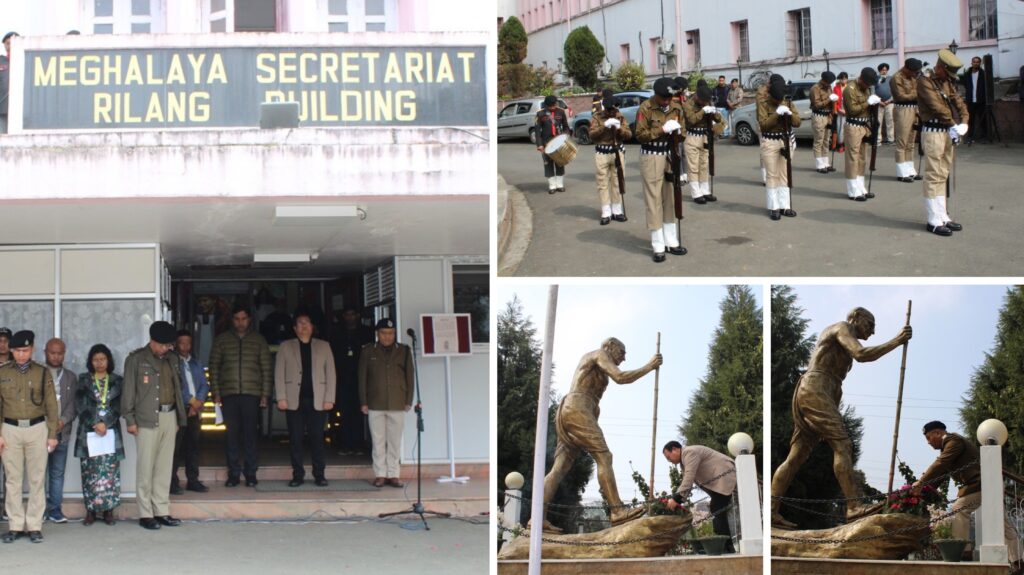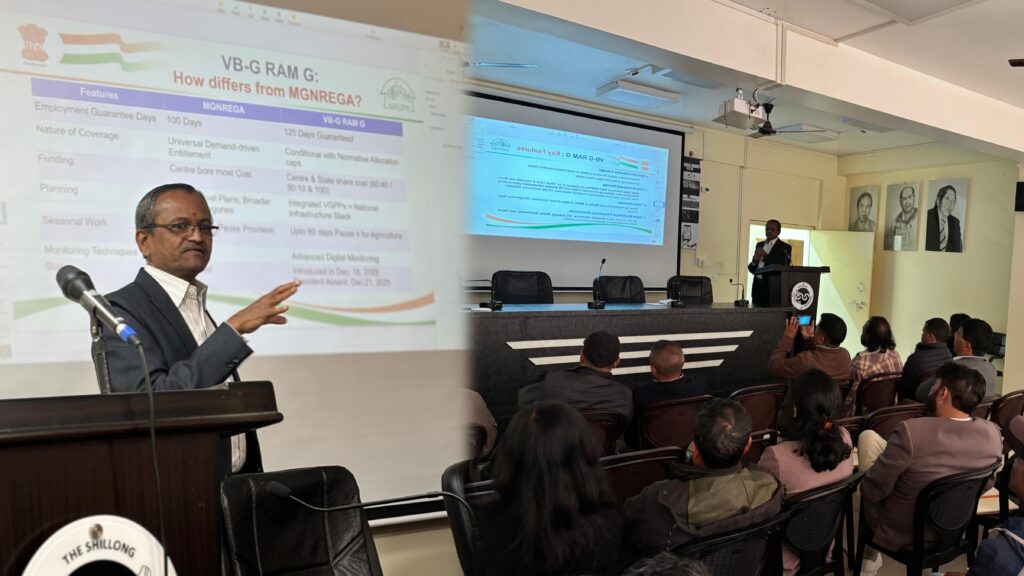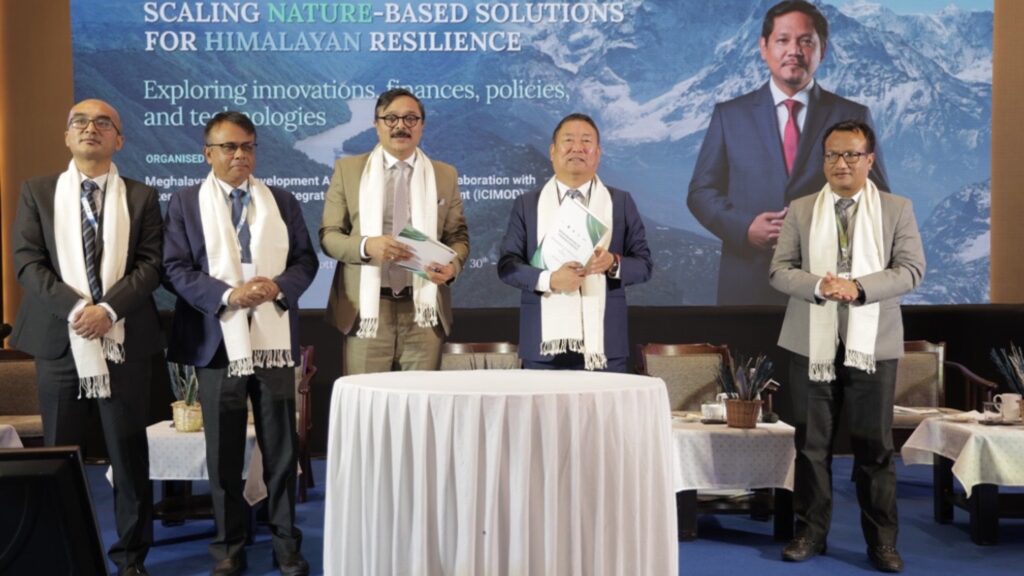Tura, May 26 : Amidst growing speculation and misinformation regarding the operational model of the upcoming Tura Medical College and Hospital (TMCH), Meghalaya Chief Minister Conrad K. Sangma has reiterated that the institution will remain a government-owned entity, while academic operations will follow a Public-Private Partnership (PPP) model to address pressing faculty and staffing shortages.
Speaking at an event in Mendipathar, the Chief Minister acknowledged the difficulty in recruiting experienced medical professionals within the state—a critical barrier to making the college functional. “We have faced similar challenges with Shillong Medical College. The shortage of qualified faculty necessitates a partnership model to meet National Medical Commission (NMC) norms,” he said.
The Government of Meghalaya provide the following clarification:
- Ownership and Governance
The Tura Medical College and Hospital is and will remain a Government property. The land, infrastructure, and physical assets are fully owned by the Government of Meghalaya.
The Hospital will continue to function under the direct administration of the State Health Department, maintaining full government oversight in day-to-day operations.
- Public-Private Partnership (PPP) Model
To ensure the timely and effective operationalisation of the medical college—particularly in light of faculty shortages and non-availability of qualified medical professionals within the state—a Private Sector Entity (PSE) will be onboarded only for operational management of the academic portion of the medical college under a PPP framework.
The college is not being handed over to any private entity in totality. It will operate as a Joint Venture (Special Purpose Vehicle) between the Government and the selected private partner, with limited and defined roles.
- Faculty and Human Resource Challenges
As illustrated by the experience of Shillong Medical College, there is an acute shortage of qualified faculty in the government system despite repeated advertisements.
Under the PPP model, the PSE will help recruit faculty that meet the National Medical Commission (NMC)’s Teaching Experience Qualification (TEQ) norms, ensuring academic functionality and quality.
- Admission Structure and Seat Allocation
A majority of the MBBS seats will be reserved for students from Meghalaya under the “State Quota”, thereby safeguarding educational access for local aspirants.
A limited Management Quota will be available, which allows the private partner some flexibility to ensure sustainability and efficient administration. However, all fees—even for management quota seats—will be regulated under the Meghalaya Private Medical Institutions Ordinance, 2024, and monitored by the Fee Regulatory Committee.
- Financial and Legal Safeguards
The PSE will pay an annual lease rental of ₹1 crore to the State Government for use of the infrastructure. This will be ring-fenced for salaries and upkeep of government staff and facilities.
There will be no capitation fees and the approved fee structure will remain valid for three academic years, ensuring predictability and affordability for students.
- Exit Clause and Government Oversight
The O&M arrangement is time-bound, not perpetual. The Government reserves the right to review and, if required, fully take over operations in the future when conditions permit.
This ensures continued public accountability, transparency, and ownership while leveraging private expertise in the interim.
The first academic session is currently targeted for 2026–2027, with all NMC compliances, faculty appointments, and inspections scheduled accordingly.

